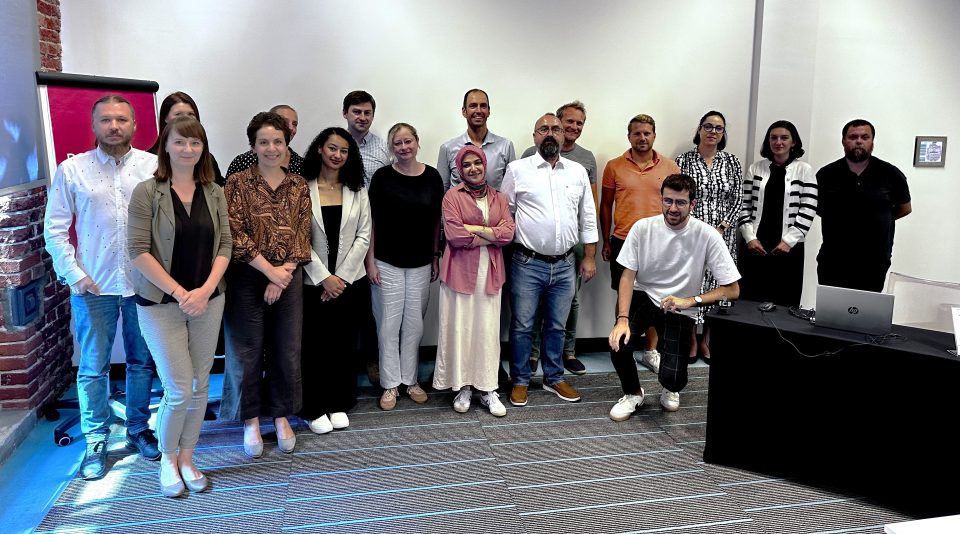If adopted by the UK government, the report’s recommendations could lead to a more flexible regulatory system
The Regulatory Horizons Council, an independent expert committee established by the UK Department for Business, Energy and Industrial Strategy (BEIS), published a “Report on Genetic Technologies” on September 1st, 2021. The report, whose foreword written by Re-Imagine Europa’s Special Adviser Peter Kearns, aims to devise ways to regulate genetic technologies to encourage safe and beneficial innovation, starting from plants, animals and microorganisms contributing to agriculture and food production.
Following the UK’s departure from the European Union, the British Government is considering new rules for simple genome editing that will soon be followed by adopting an improved governance system for all genetic technologies. Such changes could pave the way for the UK to take the lead in developing plant and animal varieties that can benefit consumers while minimizing impact on the environment.
The report explains that while the first generation of genetic modification technologies had limited agricultural applications, novel techniques such as genome editing, synthetic biology, and engineering biology could provide innovative solutions to help transform the farming sector. Moreover, these solutions could easily be brought to market by small- and medium-sized companies, changing the dynamics of existing industry sectors and delivering benefits in many areas, including niche markets.
The report lists several potential benefits, specifying that the related developments will materialize on a timescale that depends on further scientific and technological progress and the nature and application of future regulatory regimes. The list is impressive, from reduced use of fungicides and pesticides to more nutritious plant varieties and fewer carbon emissions from food production.
Scientists are also developing more resilient plant varieties, better able to resist droughts, heat and flooding. Such features could be very useful in adapting the agricultural sector to climate change, decreasing the need to use remaining arable land for agriculture, thereby presenting the possibility to reduce deforestation and open up new opportunities for rewilding.
The Regulatory Horizons Council report suggests a set of regulatory principles to guide decision-makers and highlights some crucial benefits of more flexible regulation, adopting product-based rather than process-based approval procedures. A significant example of those advantages is removing barriers to the market for smaller farmers who cannot afford the investments necessary to deal with the long and costly approval process currently required by law. The examples of Argentina and the United States are mentioned as case studies in which regulation adaptation resulted in many more applications from smaller research teams and more local SMEs.
The report highlights opportunities and challenges related to the modernization of British regulation, geared to absorb the OECD’s recommendations, and consider international developments such as the definition of Living Modified Organism associated with the Cartagena Biosafety Protocol. Re-Imagine Europa’s Task Force on Sustainable Agriculture and Innovation came to similar conclusions, though it considered the problem from a different angle, namely in relation to the situation in the European Union.
Precisely for this reason, the next meeting of the Task Force’s Expert Committee, to be held on the 5th of October, will mainly focus on the international dimension. International experts from Africa, Asia, the Americas, and Oceania will present the regulatory situation in their region, explaining how some countries have regulated genome editing and the consequences of such changes in the agricultural and food sector.




